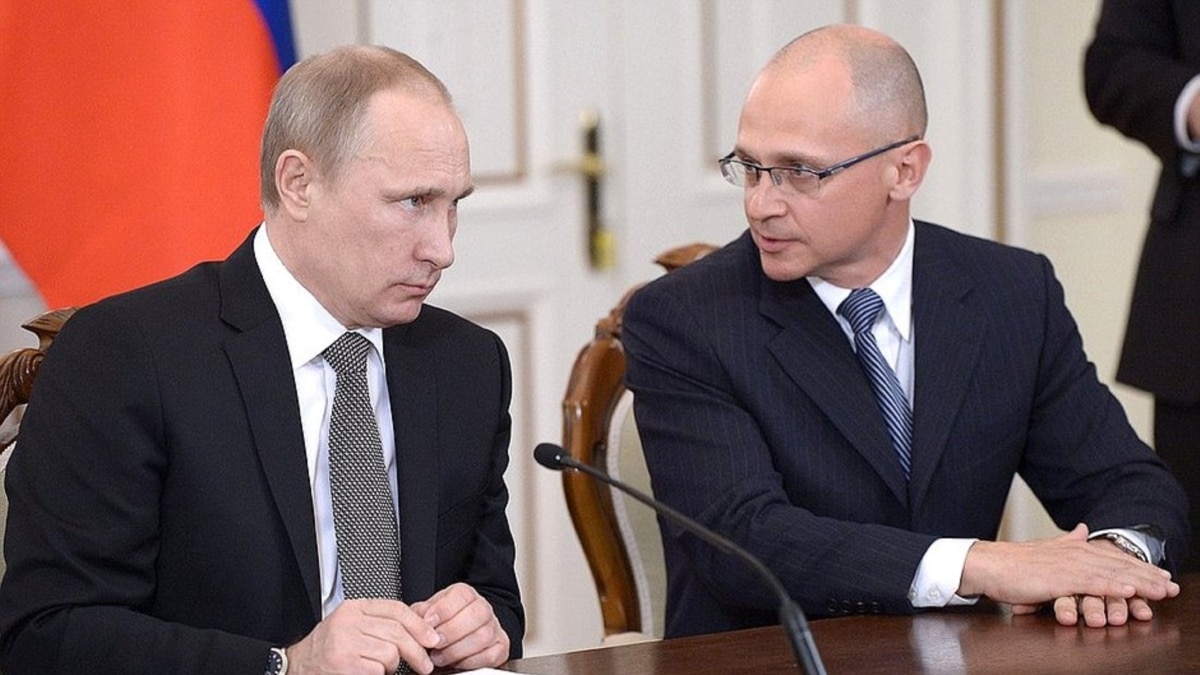Good morning. It's time for cartoons (not a thread)
Much like the Ming to Qing transition, the Soviet to post-Soviet transition was the Golden Age of culture. Censorship was over, while much of Perestroika optimism was still alive. Today I'm gonna show you a couple of iconic cartoons that you absolutely must be aware of
"Treasure Island" by "Kyivnauchfilm". Kyivnauchfilm = Kyiv Scientific Movies. In the Soviet era this Ukrainian studio had to shoot some boring academic instruction videos. Thankfully, in Perestroika era they abandoned any false pretence of rigour and just started drawing cartoons 

It may be literally the most iconic and memetic cartoon of the post-Soviet space. I have no idea how many times I've watched it. Here you can find it with English subtitles
The fact that the Kyivnauchfilm used to be a scientific movies studio before turning to something more worthy, is very illustrative of general trends of the Soviet society. Ideally, the central government would extirpate any nonconformity over the country. But it had constraints
Ideally Kremlin would extirpate any nonconformity over the USSR. And it did, in the humanities (which explains their current condition). But repressions against the STEM folk were costly, because the STEM folk had to produce stuff, So Kremlin needed to kinda tolerate them
That is not to say that the STEM folk didn't suffer. They did. Genetics for example was considered an imperialist whore, so the geneticists were massacred. Few decades later, cybernetics were suppressed, too. But as a general rule, Kremlin allowed the STEM folk to exist
As a result, by the late USSR the STEM became *the* only oasis for free thinkers and non conformists in the entire country. They were the only ones who were allowed for (some) freedom and nonconformity without the immediate repressions. In humanities it was far worse
For people from beyond the post-USSR it's difficult to grasp the cultural importance of the STEM culture (the only oasis of free thought and non conformity) for the post-Soviet culture in general. Pretty much anything else turned out to be intellectually and culturally futile
When discussing the post-Soviet space, you need to consider this STEM bias in their thinking. This bias exists because mental processes taking place outside of STEM ecosystem can't be really qualified as "thinking"
That bias produces negative externalities. Consider just one. A boy studied only math, physics and engineering in school, then in uni. Then he became an engineer, a manager and finally a CEO. Sounds good, doesn't it? On paper, yes, zero knowledge of humanities didn't hurt him
In reality it's more complicated. An intellectual with zero knowledge of humanities is nearly guaranteed to fall in love with the first theory he becomes acquainted of. That's why all those Soviet (and post-Soviet) STEM folk are such an easy prey for charlatans. Saw it many times
Many Westerners think that Russians are into mysticism. As a general rule, that's wrong. (Smart) Russians don't fall for mysticism that easily as Westerners could imagine. What Russians really fall for easily and enthusiastically is pseudo science 

And yet, if you watch only one cartoon, that won't give you full and exhaustive understanding of the Eastern European culture. So you must watch two
I very much like this cartoon by the Borisphen studio. The Clinic
I very much like this cartoon by the Borisphen studio. The Clinic
I heard that there is a theory that you should learn literature in the reverse chronological order. You study the modern culture, and then notice it's full of references you don't understand. So then you go by those hyperlinks, burying deeper and deeper. All the way to the roots
In this paradigm you shouldn't start with reading Shakespeare for example. You start watching the GOT instead. Through Lannisters and Starks you come to Lancasters and Yorks and through George R. R. Martin - to Shakespeare. Modern culture gives you references to the older one
Much like the Song of Ice and Fire can be described as a modern interpretation of Shakespeare, this Clinic cartoon is an interpretation of a certain Gogol's novel. It may be a good start. End of not a thread 

• • •
Missing some Tweet in this thread? You can try to
force a refresh





